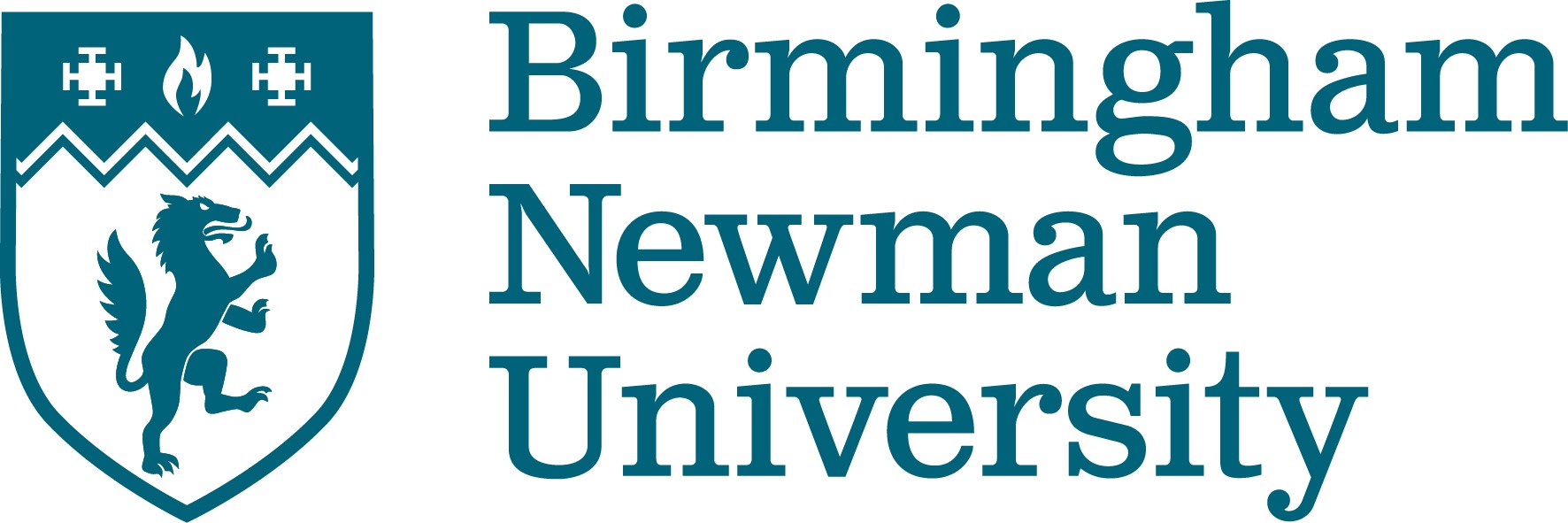Undergraduate and Postgraduate Strength and Conditioning Courses in the United Kingdom: A Report Study
Weldon, Anthony, Till, Kevin, Hughes, Jonathan, Akubat, Ibrahim, Keenan, James, Cameron, Andrea and Turner, Anthony (2024) Undergraduate and Postgraduate Strength and Conditioning Courses in the United Kingdom: A Report Study. International Journal of Strength and Conditioning, 4 (1). pp. 1-9. ISSN 2634-2235
|
Text
BNU0007.pdf - Published Version Available under License Creative Commons Attribution. Download (317kB) | Preview |
Abstract
In the United Kingdom (UK), a degree in strength and conditioning (S&C) or an associated discipline is a common requirement for obtaining a professional S&C certification and employment as a S&C coach. However, limited research has comprehensively reviewed undergraduate and postgraduate S&C degrees in the UK, which this study aimed to do. A search for S&C degrees was conducted via two directories. In total, 20 undergraduate and 29 postgraduate courses were identified. All course information, including module titles, was extracted. Course information was assessed using frequency analysis and module titles via open coding. Entry requirements for undergraduate degrees ranged from 80–120 UCAS points, and a 2:1–2:2 degree classification for postgraduate degrees. Almost half of undergraduate S&C degrees were considered ‘multidisciplinary’ and included other topics (e.g., BSc S&C and rehabilitation). Over half of the undergraduate degrees offered a foundation year, and 59% of postgraduate degrees offered a non-academic entry option. Overall, 50% of undergraduate degrees could be completed as full-time or part-time, which increased to 79% at postgraduate level. Placement modules were compulsory across undergraduate degrees (except for one) and featured to a lesser extent at the postgraduate level. The most common modules at the undergraduate level focused on anatomy and physiology, S&C, biomechanics and movement analysis, research, and academic and professional skills. The least common modules were motor learning and control, business, and sociology. Differences were observed with postgraduate degrees, given an increased focus on modules associated with research, S&C, and academic and professional skills. This information may help higher education providers to evaluate, revise, and develop S&C courses; awarding associations further enhance recognition and accreditation pathways for S&C degrees; potential employers tailor job descriptions and specifications to align with graduate capabilities; and prospective students gain insight into each course, potentially informing their course choice(s).
| Item Type: | Article |
|---|---|
| Divisions: | Faculty of of Arts, Society and Professional Studies > Department of Health and Behavioural Sciences |
| Depositing User: | Ms Hazel Barham |
| Date Deposited: | 16 May 2024 13:31 |
| Last Modified: | 10 Sep 2024 09:22 |
| URI: | https://newman.repository.guildhe.ac.uk/id/eprint/17364 |
Actions (login required)
 |
Edit Item |

